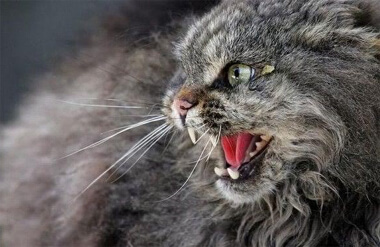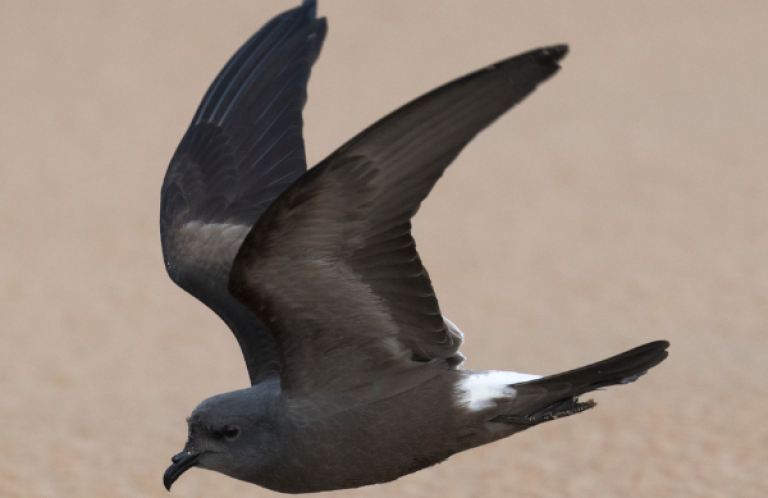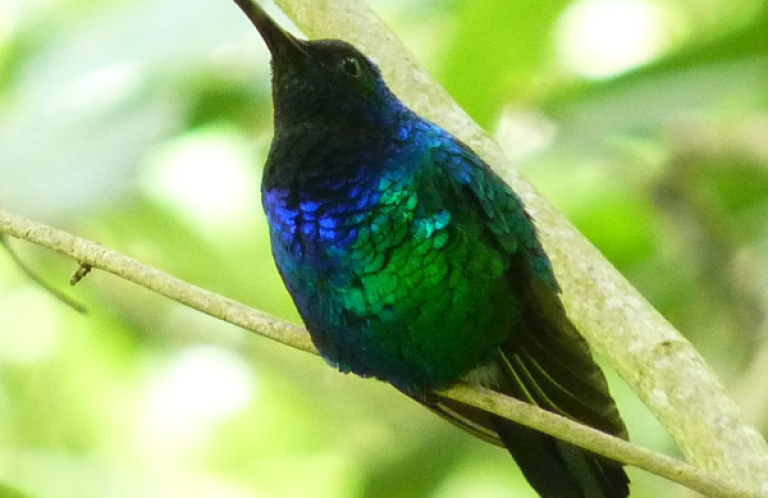Reports of Rabid Cat Attacks Highlight the Severe Public Health Consequences of Feral Cat Colonies
For Immediate Release Contact: Robert Johns, 202-234-7181 ext.210
 |
Feral cats pose a danger to humans and wildlife population. |
(Washington, D.C., April 27, 2010) The Orlando Sentinel newspaper and other Florida media are reporting two incidents of rabid feral cats attacking humans. WFTV in Orlando, Florida describes both attacks as unprovoked.
In a March incident, a feral cat was struck by a car, and when the driver and passenger attempted to aid the cat, they were bitten by the rabid animal. In a second incident, on April 12, a rabid cat entered a home through an open door and attacked and bit the owner.
The three bitten people have all been treated for rabies and are recovering. Both cats tested positive for rabies. As a result, a 60-day rabies alert was issued for Port Orange and South Daytona, Florida.
According to the WFTV broadcast: “The health department's theory is the disease could be spreading at feeding areas. People have set up shelters to feed cat colonies, but raccoons will finish off the food and may be spreading rabies to the cats.”
“This is certainly not the first, nor will it be the last time that we see the serious public health impacts of feral cats and so-called ‘managed' cat colonies. Rabies is not the only disease at issue here. Feral cats can also carry toxoplasmosis, cat scratch fever, and other potentially serious infectious diseases that can affect humans. Despite the best of intentions, feral cat colonies present an ongoing hazard to human health in communities where they are established as well as birds and other native wildlife,” said George Fenwick, President of American Bird Conservancy (ABC).
One very controversial approach to dealing with feral cats is called “Trap, Neuter, Release (TNR).” This approach requires that feral cats in colonies be trapped, then neutered and then released back into the colony in the hopes that eventually the colony dramatically shrinks or is eliminated. The reality is that feral cat colony programs do not succeed in eliminating the problem because they invariably fail to capture and neuter all the cats in the colonies. As a result, colonies are perpetuated over time, often increasing in size, and magnifying the threat to humans, birds, and other wildlife. The sanctioning of cat colonies by local authorities only serves to further encourage cat owners to dump more unwanted cats at these sites. The National Association of Public Health Veterinarians, The Wildlife Society, and the People for the Ethical Treatment of Animals all oppose TNR programs.
According to ABC, feral cat colony programs do not protect local wildlife from cats, and they are an ineffective and inhumane way of dealing with the feral cat problem. Allowing hundreds of very efficient predators to exist in a local environment that historically evolved without them will unquestionably and dramatically, over time, alter the balance of the local ecosystem. This change occurs because cats kill not only birds – perhaps one million birds or more EACH DAY in this country – but a variety of small mammals and wildlife as well.
The feral cats themselves also face the prospect of very unpleasant deaths from predators, disease, and automobiles. As a result, feral cats have about one-third to one-fifth of the life span of indoor, owned cats.
American Bird Conservancy conserves native birds and their habitats throughout the Americas by safeguarding the rarest species, conserving and restoring habitats, and reducing threats while building capacity of the bird conservation movement. ABC is a 501(c)(3) not-for-profit membership organization that is consistently awarded a top, four-star rating by the independent group, Charity Navigator.


















































